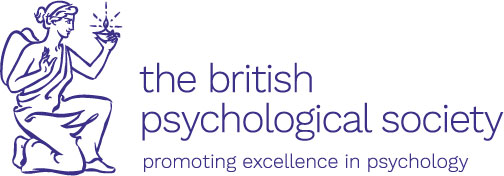Sexist comments are rife and proving popular on Tik Tok, new research reveals

Sexist comments on TikTok videos are more popular than non-sexist comments, new analysis has found.
The research, presented at The British Psychological Society’s Cyberpsychology Section Conference, has found that sexist comments on different ‘TikTok challenge’ videos received on average around 60 per cent more likes than non-sexist comments.
The finding was just one of many which showed a trend of women being sexually harassed online and being treated as sex objects, as well as having their achievements undermined.
On average, sexist comments received 604 likes compared to 375 for non-sexist comments.
Hundreds of comments also ‘discredited’ women’s accomplishments (400), or subjected women to sexual harassment/objectification (301).
Dr Genavee Brown, the psychologist leading the study, has called for better regulation of sexism online, saying such comments put women at risk of developing imposter syndrome and poor mental health.
Dr Brown, Assistant Professor of Psychology at the University of Northumbria, said:
“We were surprised to find that sexist comments were more liked than non-sexist comments. We thought that users might condemn sexism by not liking sexist comments, but we actually found the opposite.
“It appears that Tik Tok is not immune to the rampant sexism online.
“The most common form of sexism was discredit, whereby women’s achievements were coming under fire, often because of their gender,” Dr Brown added.
“If every time you talk about something you have accomplished and say something positive, it is attacked, then that can have a psychological impact and make you feel like you are not deserving of success.”
In the study, researchers sampled 400 videos from four different challenge hashtags – #cakechallenge, #bottleflip, #thorshammer and #chairchallenge – and analysed the number of likes, shares, views and comments on each.
The cake challenge video, which shows how big someone’s bottom is by rolling a weight over them, attracted the most sexist comments (28 per cent).
Overall, the findings revealed that women users’ videos received more sexist comments than men’s, and men were more likely to post sexist comments than women.
Although men made more sexist comments, both women and men made the same kind of sexist comments.
In total across the four challenges, 76,688 comments were analysed, with just over 13 per cent* found to be sexist.
“It was a surprise that sexist comments appear to be so readily accepted on Tik Tok,” said Dr Brown.
“We were expecting to find subtle forms of discrimination, like discredit, but not the overt or hostile forms of sexism that we found.
“It is not just that the comments are posted but that people are engaging with them.”






